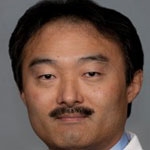Yoshiya Toyoda
Editorial Board Member - SAJCR
-
Yoshiya Toyoda
Professor of Surgery
Vice Chief, Cardiovascular Surgery
Temple University School of Medicine
United StatesBIOGRAPHY:
Dr. Yoshiya Toyoda after completing his training in cardiac surgery at Kobe University in Japan, he spent several years at Harvard Medical School where he conducted basic research in the area of myocardial protection during surgically induced ischemia-reperfusion.
After completing his clinical cardiac surgical training at Massachusetts General Hospital, Dr. Toyoda completed an advanced fellowship in cardiopulmonary transplantation and ventricular assist devices at the University of Pittsburgh Medical Center. He joined the University of Pittsburgh as a cardiothoracic surgeon in 2006 and has headed the division of cardiothoracic transplantation from 2008 to 2011 when the University of Pittsburgh established one of the world's most successful cardiothoracic transplant programs. Since 2008, under his leadership, the program has led the world in number of lung transplants, and has also performed increasing numbers of heart transplants and ventricular assist device insertions.
Dr. Toyoda then became Professor of Surgery, Director of Mechanical Circulatory Support, Surgical Director of Heart and Lung Transplantation, Vice Chief of Cardiovascular Surgery at Temple University in Philadelphia.
Over the past eight years, Dr. Toyoda has performed more than 450 heart, lung and heart-lung transplants. He pioneered the antero-axillary approach in lung transplantation, a new minimally invasive form of surgery that avoids complications of the standard double-lung transplant procedure and the prophylactic tricuspid valve repair in heart transplantation, which prevents primary graft failure due to right ventricular failure. He has also developed numerous innovative surgical techniques to further improve clinical outcomes in the area of cardiothoracic surgery.
Dr. Toyoda’s focus is on surgical options for patients with end-stage cardiopulmonary failure and aortic surgery, including coronary bypass surgery, valve surgery, aortic root surgery such as Ross procedure and valve-sparing aortic root replacement, pulmonary thromboendarterectomy for chronic thromboembolic pulmonary hypertension extracorporeal membrane oxygenation, ventricular assist device, and thoracic transplantation.
Overall, Dr. Toyoda's carefully executed program of surgical, programmatic, and research innovations have produced excellent outcomes and made life-saving transplantation and device-based therapy a reality for a much larger population of older and sicker patients.
At Temple, Dr. Toyoda will work with the existing multidisciplinary teams to strengthen and expand all surgical options for patients with end-stage cardiopulmonary problems.
Other Editorial Board Members - SAJCR
-

Wen Wu
Professor
Department Management
School of Economics & Management
Beijing Jiaotong University
China -
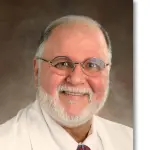
Dr. Peppas
Director of Pediatric Urology
The University of Texas Health Science Center
United States -
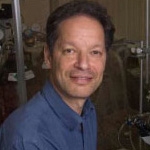
Ira Kurtz
Professor
Division of Nephrology
UCLA
United States -

Theresa S. Gonzales
Professor
Oral Pathology
Medical University of South Carolina
United States -
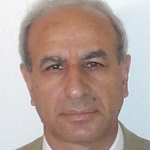
Rawhi A. Omar
Professor
Department of Pathology
University of Louisville Medical School
United States -
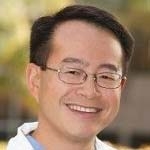
Shang I Brian Jiang
Professor
Division of Dermatology
University of California
United States -
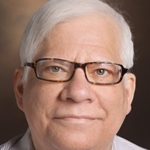
Gerald Schulman
Professor Medicine
Department of Nephrology and Hypertension
Vanderbilt University School of Medicine
United States -
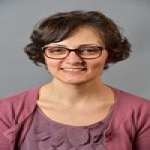
Marina Charitou
Associate Professor of Clinical Medicine Department of Endocrinology SUNY Stony Brook Medicine USA -
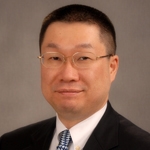
Hitoshi Hirose
Associate Professor
Department of Surgery
Thomas Jefferson University
United States -
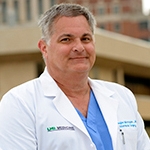
Clark D Witherspoon
Professor
Department of Ophthalmology
University of Alabama at Birmingham
United States -
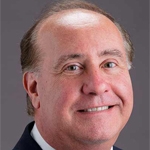
Richard D. Hammer
Associate Professor
Department of Clinical Pathology
University of Missouri
United States -
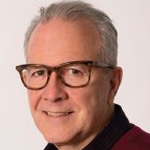
Hugh Koch
Clinical psychologist
Visiting Professor, Stockholm University
The Cheltenham & Gloucester Hospital
United Kingdom -
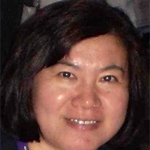
Hongwei Qin
Associate Professor
Department of Cell, Developmental and Integrative Biology
University of Alabama
United States -

Xu Zeng
Associate Professor
Department of Pathology
Temple University School of Medicine
United States -
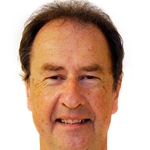
Howard Prentice
Associate Professor
Biomedical Science
Florida Atlantic University
United States -
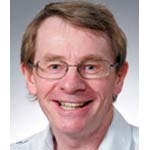
Ray Kirk
Associate Professor
Department of Health Sciences
University of Canterbury
New Zealand
Will be updated soon
